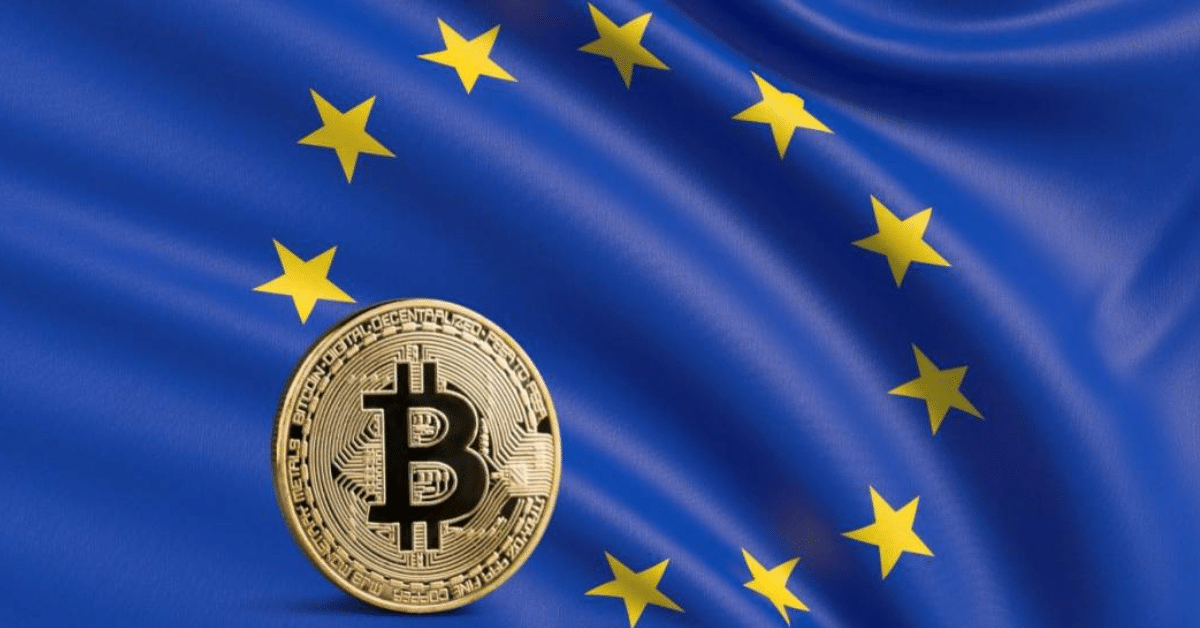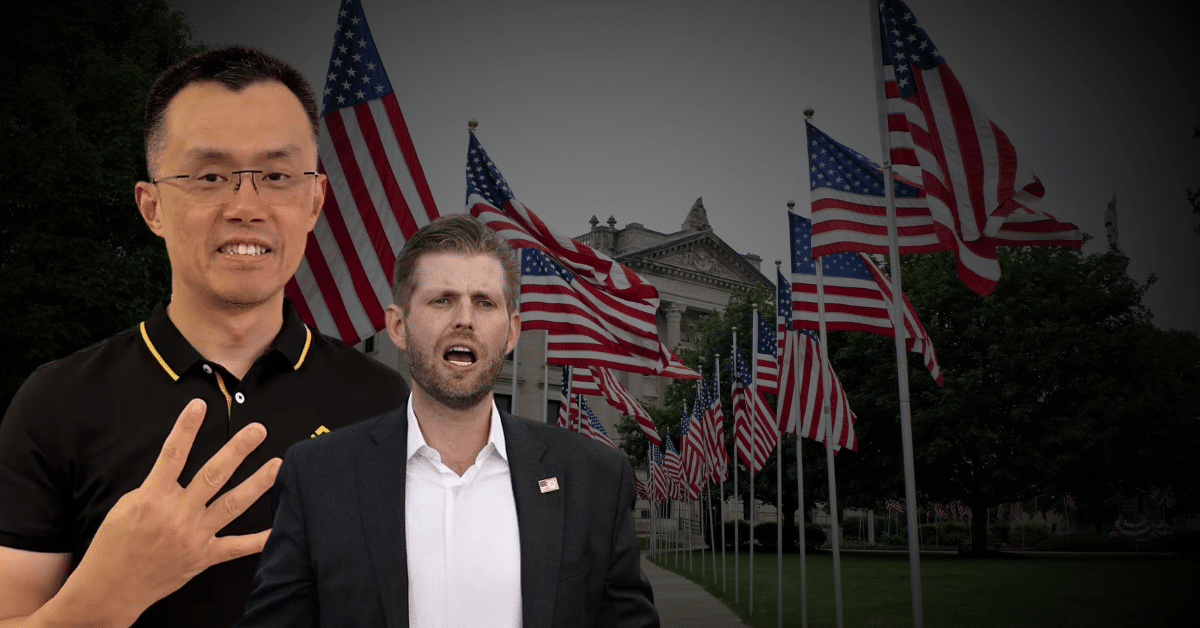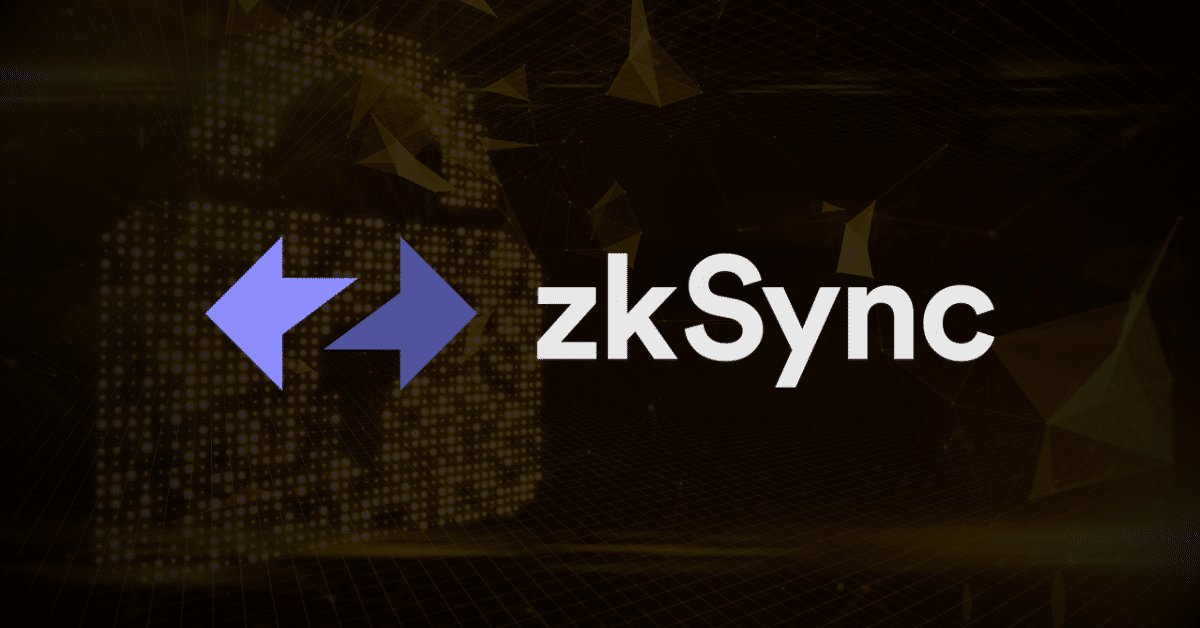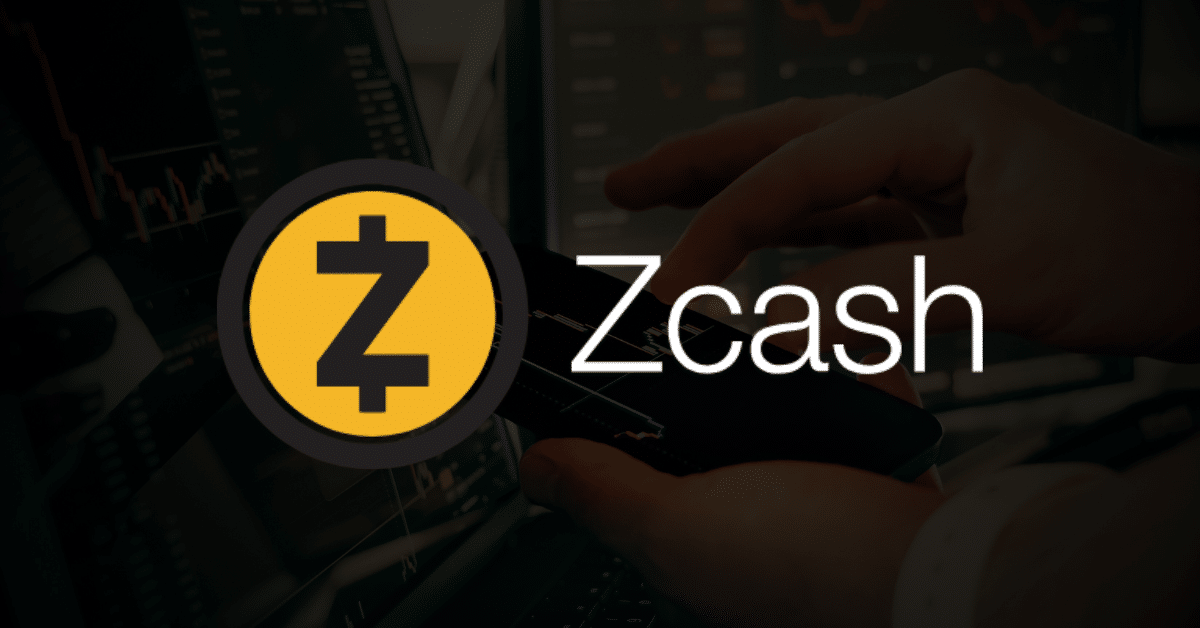Key Takeaways
- US President Donald Trump recently signed an executive order to create a strategic Bitcoin reserve in the US.
- The European Stability Mechanism (ESM) believes that Trump’s continued push for crypto could harm the EU’s financial control, making the digital Euro more urgent.
- ECB President Christine Lagarde has rejected the idea of a Bitcoin reserve asset, while Czech National Bank Governor Ales Michl is considering a 5% allocation.
The Euro Zone Finance chief worries that the ongoing policy changes under the Donald Trump administration to embrace crypto could hurt Europe’s monetary autonomy, supporting the case for a digital euro.
Last Thursday, the US President, who had pledged during his campaigns to become a “crypto President” and make the US the “crypto capital” of the world, signed an executive order to establish a strategic Bitcoin reserve beginning with a stockpile of digital assets the government already owns.
ECB Concerned About the Impact of US Policy on Digital Euro
The managing director of the European Stability Mechanism (ESM), Pierre Gramegna, is worried that the US stance on crypto raises some concerns, especially because the European Central Bank (ECB) remains undecided on plans to launch the digital Euro.
According to Gramegna, the push by the Donald Trump administration towards developing crypto-backed financial tools could enable American and foreign tech companies to create mass stablecoin-based payment systems, potentially undermining the Euro’s dominance in the region. Speaking in Brussels, Gramegna told reporters:
“The US administration is favorable toward cryptocurrencies, especially dollar-denominated stablecoins, which may raise certain concerns in Europe.”
European Leaders Under Pressure to Accelerate Digitizing Euro
The decision by Donald Trump to sign an executive order to set up a Bitcoin reserve and a second one to store any other crypto assets the government would seize through legal proceedings technically locks crypto into the US financial systems, highlighting a significant shift from a past where digital assets were treated with suspicion. The European Union, on the other hand, has remained hesitant with the ECB’s plan to develop a digital Euro since 2021 is still months away from implementation.
Unlike the Donald Trump administration, the European Central Bank has rejected adding BTC to its monetary reserves. With the US’s latest move, European leaders are now pressured to accelerate their work to prevent financial stability in the region. Commenting on the changed policy change in the US, Gramegna said:
“Digital currencies could eventually reignite foreign and US tech giant’s plans to launch mass payment solutions based on dollar-denominated stablecoins […] and if this were to be successful, it could affect the euro area’s monetary sovereignty and financial stability […] urgency in making the digital euro a reality to safeguard Europe’s strategic autonomy — this digital euro is today more necessary than ever.”
European Union Divided on Bitcoin Reserve Issues
The developments in the United States regarding its crypto plans come shortly after ECB President Christine Lagarde insisted that Bitcoin would never become a part of the EU’s official reserves. Responding to a statement from Ales Michl, governor of the Czech National Bank (CNB), who had hinted at his institution’s desire to explore Bitcoin investment, Lagarde said last January:
“I’m confident that Bitcoins will not enter the reserves of any of the central banks of the General Council […] I had a good conversation with my colleague from the Czech Republic and left it to him to make whatever announcement he wants.”
According to Michl, CNB was considering possibly including Bitcoin in its reserves and would allocate at least 5% of its revenue. However, the official later stated the discussions were in the early stages, and no final decision had been made. The board said on X:
“At the proposal of Governor Ales Michl, the CNB is to assess whether it would be appropriate in terms of diversification and return to include other asset classes.”
Conclusion
As Donald Trump signals the possibility of making stablecoins an integral part of the American economy to keep the dollar’s dominance as the world’s reserve currency, the ECB continues to reject Bitcoin as a reserve asset. ECB President Christine Lagarde maintains that a reserve has to be liquid, safe, and secure and shouldn’t be “plagued by the suspicion of money laundering or other criminal activities.”
Frequently Asked Questions (FAQs)
What is a strategic reserve?
A strategic reserve is a stockpile of vital resources that governments or large organizations keep to provide a safety net during hard times. Countries also maintain monetary reserves, like foreign currencies or gold, to stabilize their economies and facilitate trade. Bitcoin is increasingly considered a reserve currency.
Why is the ESM concerned about the progression of Trump’s crypto plans?
The ESM chief has warned that if US tech and financial giants roll out large-scale stablecoin-based large-scale stablecoin-based payment solutions, the Euro could be threatened. The US could create mass stablecoin solutions that could overtake the proposed EU stablecoin.
What are the benefits of a strategic Bitcoin reserve to the crypto industry?
Proponents of the strategic reserve concept believe it would hedge against financial instability in a hypothetical future where cryptocurrencies replace regular money issued by central banks.























